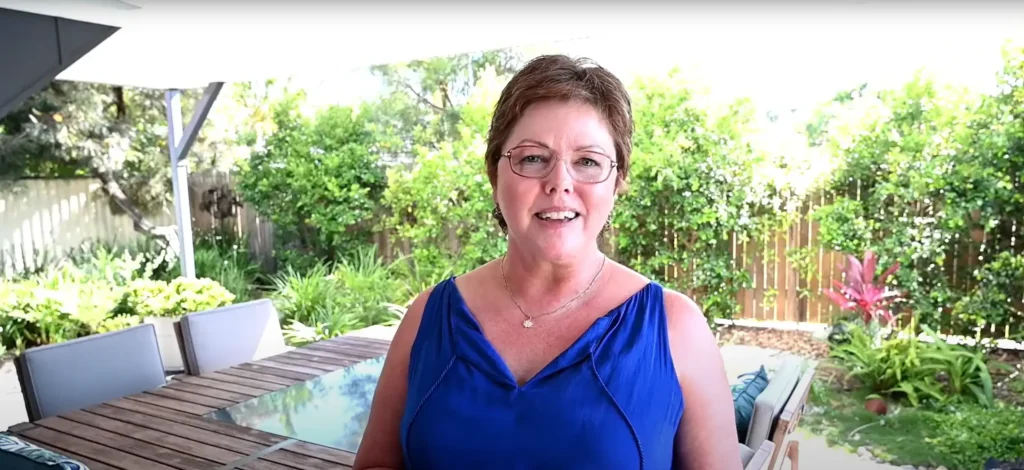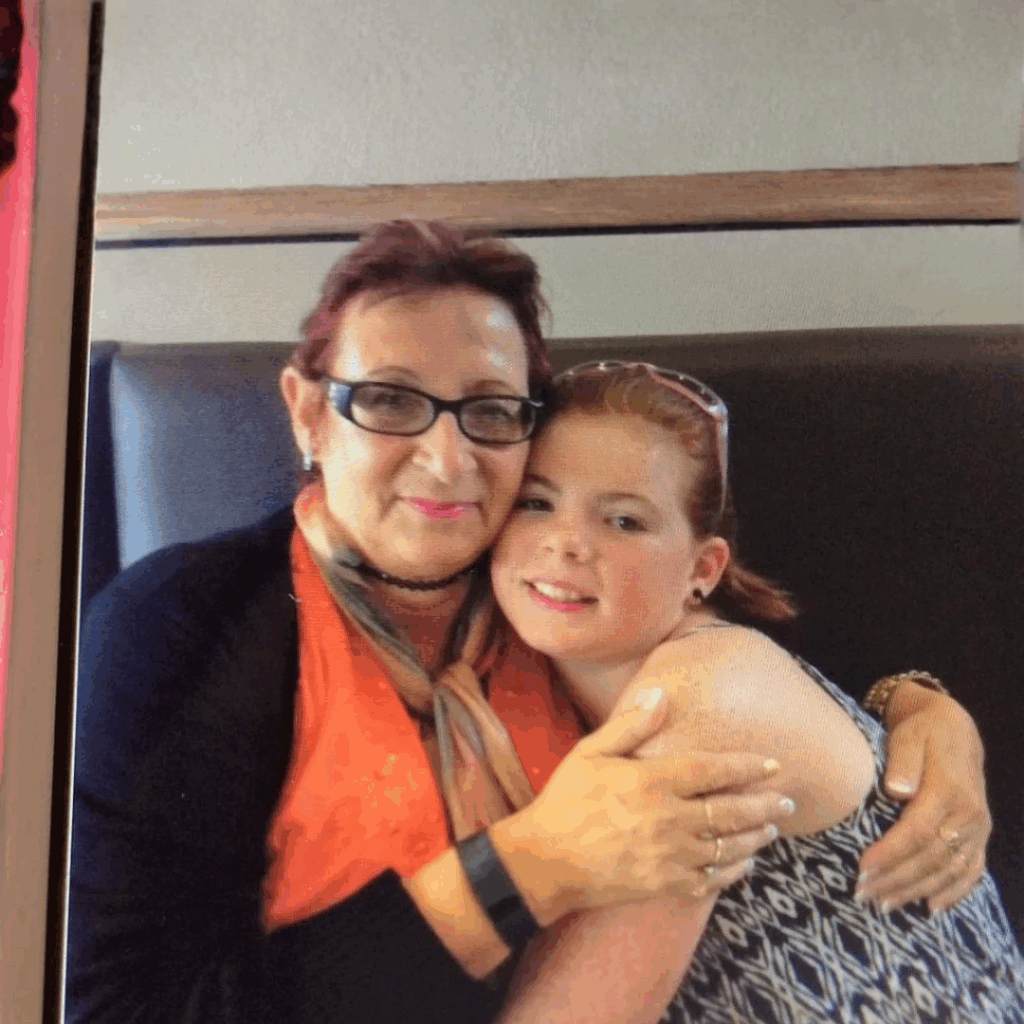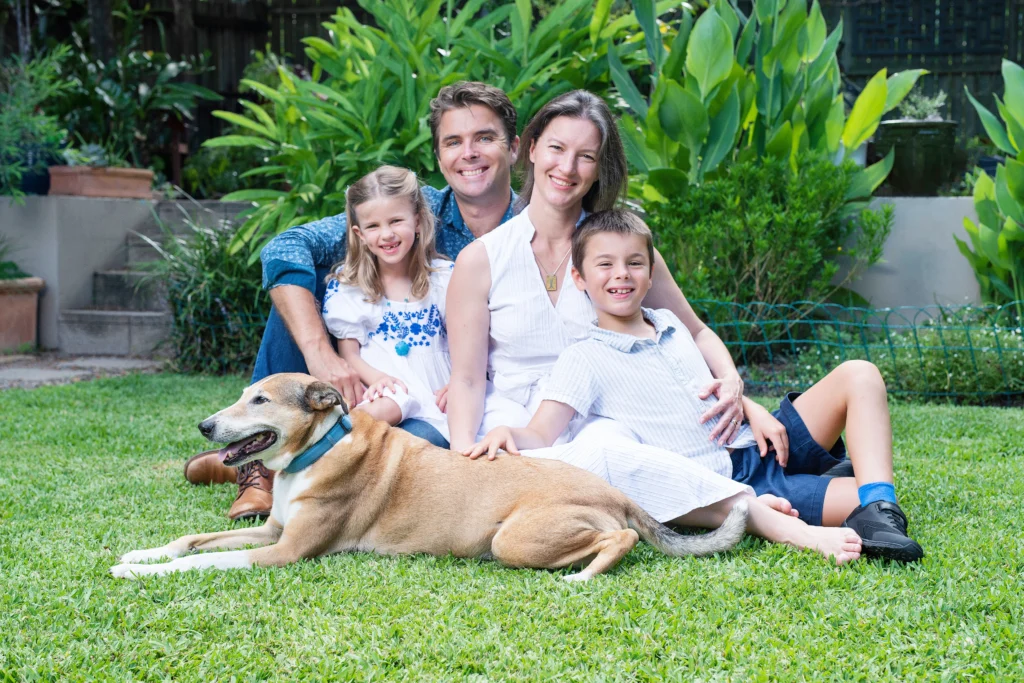Finding out that you have a lung disease or lung cancer can be a lot to handle. You might feel like your whole world has changed, or you could feel confused, alone or upset. These feelings are normal and are part of dealing with a diagnosis. It’s important to look after your mind as well as your body.
Why mental health matters
Your mental and emotional health is a big part of dealing with lung disease. When you feel good in your mind, it can help your body too. It’s easy to forget about your mental health when you’re dealing with physical problems, but they’re both important.
Mental health isn’t just limited to conditions that affect your mood, thinking and behaviour, like depression or anxiety. It’s about staying healthy in how you think, feel and interact with others.
Talk to your doctor regularly about how you’re feeling. They can help you find ways to look after your mental health.
Shared feelings of loss
Living with a serious lung condition can bring about feelings of loss, not just for you, but also for your family. It’s a difficult loss to describe, but it’s very real. You might even feel a sense of grief as you begin to understand more about what it means for your life.
The impact of living with a lung condition can also lead to other losses that aren’t obvious right away. For example, you may need to change or add to your home, retire from your job earlier than planned, or deal with a change in income. These things can lead to adjustments within your family as your condition progresses, and it’s something you’ll go through together. You can read more about processing your diagnosis through the stages of grief at our blog.
Acknowledge the emotional impact this can have early on. This will help you and your family find ways to support each other and take care of your emotional and physical wellbeing.
For more information about managing role changes and family relationships after a diagnosis, see our blogs on partners as carers and parents as carers.

Practicing mindfulness and self-compassion
How-to video series
Our “Mind Matters” series1 shows you how to deal with stress and anxiety to feel calmer and more relaxed. It’s best to take your time, watch the series in order, and practice each technique.
Resources
Related pages
Get the latest on Lymphangioleiomyomatosis (LAM)
Stay up to date with the latest information, news, services and events
ANZ-LCNF Webinar: Diagnostic process for lung cancer with an overview of oncology treatments
Was this page helpful? Yes No Good job! Please give your positive
Protected: COPD-X Guidelines Redevelopment EOI Form
There is no excerpt because this is a protected post.
Helpful articles

Finding hope through support – Sheryl’s story

Hope and help at the end of the line – Emily and Travis’s story

Celebrating consumer voices at World Bronchiectasis Conference 2025
Helpful services and links
- Lifeline 24/7 Crisis Support
Lifeline provides phone access to 24-hour crisis support and suicide prevention services. Call 13 11 14 for 24/7 crisis support. - Beyond Blue
Access to trained mental health professionals, peer support, information and advice about anxiety and depression to help point you in the right direction to seek further support. Call 1300 224 636. - Services Australia – Centrelink – Social work services
Social workers help with short-term counselling and referrals to support services. Contact is through the Centrelink phone number and ask to speak with a social worker. Call 132 850. - Relationships Australia
Relationships Australia provides relationship support services for individuals and families experiencing difficulties and change. Call 1300 364 277. - Head to Health
The Head to Health website helps you find digital mental health services, including apps, online programs, online forums, phone services and information resources. - Friendline
FriendLine is for anyone who wants to reconnect or just wants to chat anonymously with a friendly volunteer. Call 1800 424 287. - Carer Gateway
Carer Gateway connects you with a network of service providers, offers confidential counselling to discuss your needs and helps you find local services and support. Call 1800 422 737. - Headspace
Headspace provides mental health support for Australian youth through telehealth, Headspace support centres and free online and phone counselling. - Mensline Australia
Mensline offers phone counselling and online chat to men having relationship and family problems. Call 1300 789 978. - Mr Perfect – health directory
Mr Perfect connects men across Australia over a free and relaxed BBQ to chat about their lives. This directory lists many available health resources for men. - Kids Help Line
Confidential and anonymous, phone and online support for people aged between 5 and 25. Call 1800 551 800. - 13YARN
13YARN is a free 24/7 phone service staffed by Aboriginal and Torres Strait Islander crisis supporters to yarn to. No judgements, just a confidential, culturally-safe space to explore your needs, worries or concerns. Call 13 92 76. - Mind Australia
Mind Australia has an online service directory and phone service to help you find what services are available near you and how you may best be supported. Call 1300 286 463. - MindSpot
MindSpot is a free digital mental health clinic where you can undertake an online assessment and treatment if you are experiencing stress, anxiety, depression and chronic pain. Call 1800 614 434. - Young Carers Network
Young Carers Network is a place for young carers to learn about support services, access resources and share stories. - Black Dog Institute Resources and Support
The Black Dog Institute website brings together mental health resources and support tools, including written resources, digital tools, apps and a connection to peer support. - e-hub Assist
E-hub’s free self-help programs have been developed and delivered by mental health experts at Australian National University. - This Way Up
This Way Up provides a range of self-paced online courses that teach clinically proven strategies to help you improve how you feel.
Additional notes
- Mind Matters was part-funded by a COVID-19 Response Grant from MSD.
Was this page helpful?
Good job! Please give your positive feedback
How could we improve this post? Please Help us.